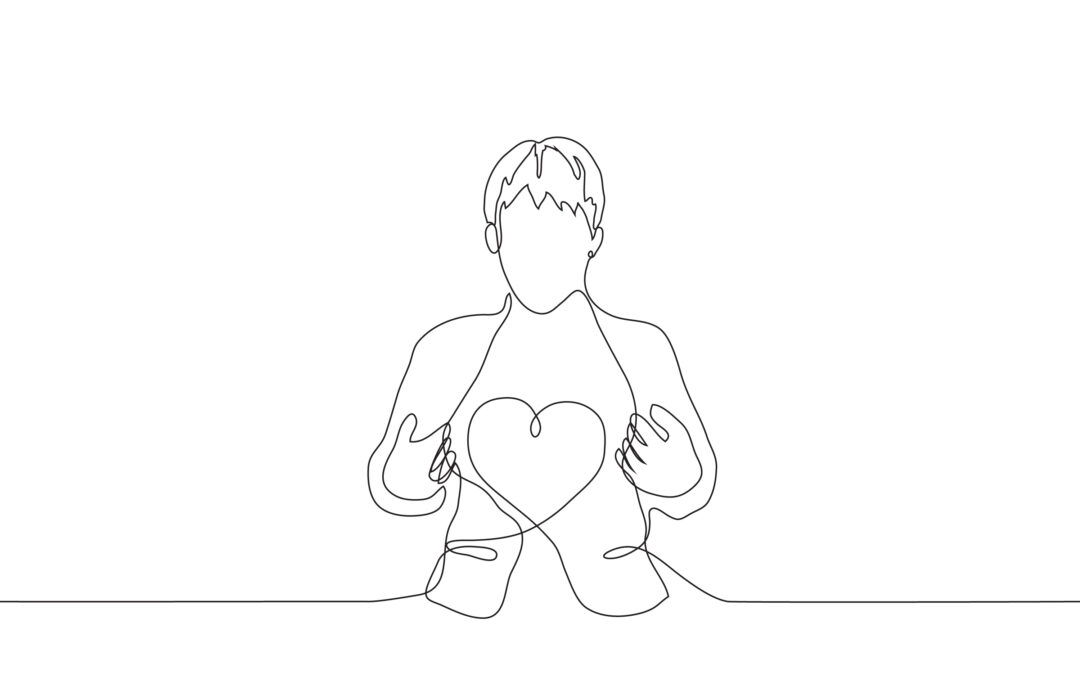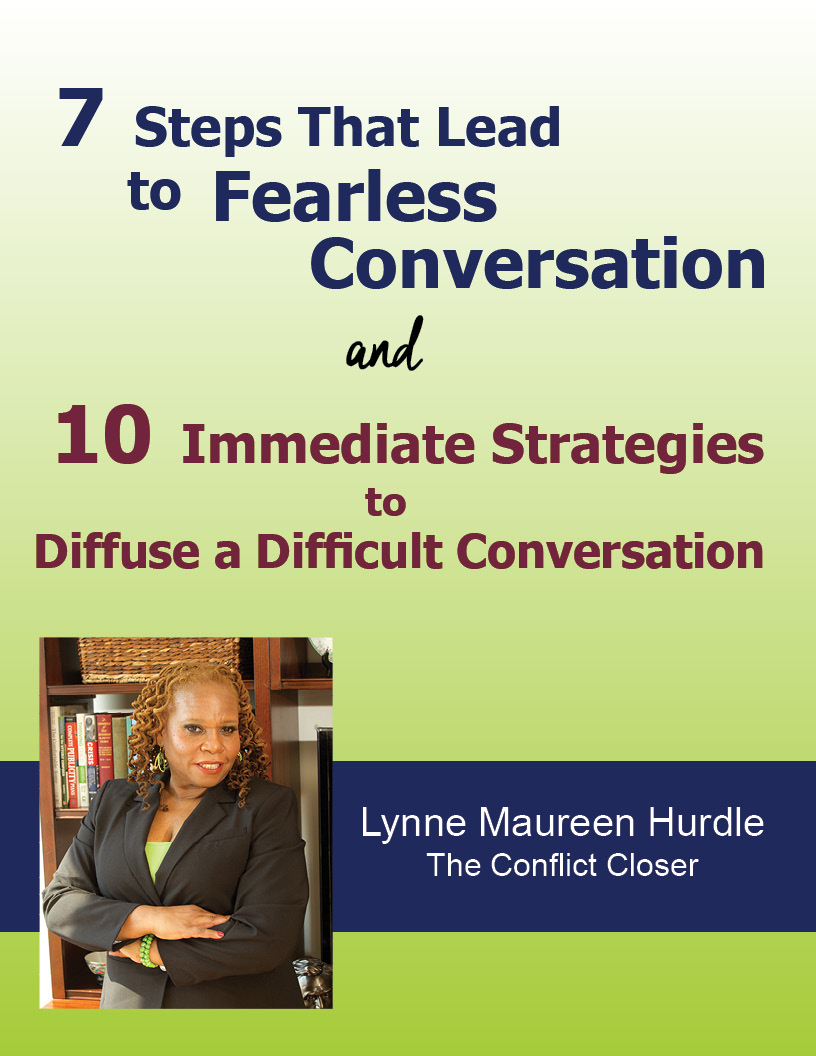Four Things To Consider
I was having a tough day processing yet another loss of a very close loved one, we’ve had seven in the last two years. A good friend reached out to say he knew how close I was to this person and he was sorry for my loss. I really appreciated his words and the fact that he took the time to reach out and share them with me. It opened me up and I shared that it has been the toughest two years of my life and I have had some really tough years. His response was “It’s been tough for everyone. We’ve all had a hard time.” Immediately, the conversation shifted for me. I no longer felt seen or heard. His message landed hard and for me, it was not empathetic. I had to share my tough times with his “everyone” which certainly included himself. I did not have the energy to share why in that moment what I really needed was to have him empathize with my pain and allow me to feel a very tough time in my life. My response was Yes. Thanks for reaching out. And with that, I ended the conversation.
The additional difficulty with this conversation was it was by text which did not allow him to see my reaction to his comment.
He is right, we have all had a difficult two years and many people have suffered and continue to suffer. I have no disagreement with that. But in that moment, it was not the way to be empathetic.
We can never know everything that others are going through so assuming that most folks are dealing with some kind of pain, sadness or grief is probably a good way to go. It is precisely because of this that we really need to know how to show empathy. The definition I work with is: the ability to understand another person’s thoughts and feelings in a situation from their point of view, rather than your own. The last four words are so key and often make the difference in whether or not you are in fact being empathetic.
As leaders there is often a need to be empathetic and we don’t always make the mark. I think that we are good at thinking that we are showing empathy, but in my experience that’s not always true.
It is so important to be able to show true empathy in conversations and especially in conflict. It is a way to lower the tension and open folks up to talk more. It’s a tough role to be a leader, because you are experiencing things in your own life and probably not receiving a lot of empathy and now… I am telling you that does not absolve you from the responsibility of being empathetic. I can hear you from here. “Oh no… When does it get to be about me?” That may be the problem. Somehow when we are showing up to be empathetic our problems are pushing for some attention, so we slip them in and turn it into being about us.
You don’t do that? Well, let’s see. Let me give you four examples to consider:
Keep The Focus On Them
The goal is to show empathy for them and their situation. Many of us have gone through similar situations, but it can never be the same as theirs because you are not them. Let them share what the experience is like for them and listen intentionally to try to understand from their point of view. Don’t give into the temptation of sharing your experience unless asked.
Let Them Share Their Feelings Don’t Assume
Something I often hear is “that’s awful, you must feel really sad” or “I know I would be depressed if that happened to me.” A simple “that sounds like a lot, how are you feeling about all of this” or “what feelings are you sitting with around this” can keep the conversation in their court and allow them to define their own feelings which could be different than how you would feel.
Hold Off On Giving Advice Or Offering Platitudes
This is the tough one because it seems to be the norm when we are asked to be empathetic. I know I have experienced this more than anything else in the world of showing empathy. Listening to what this is like for them means letting them think and feel it through without your input. Listening is the best tool we have in this situation and letting them know that you are here for them does not require advice or clever sayings unless asked for. We tend to disempower people from doing their own work when we do that. Asking a question like: “what do you need from me right now” can create space for them to ask for what they really need. When I have used this question, I have heard: “just listening helps” or “just your being here helps” or “nothing” or they sit in silence. Rarely have I heard, “how did you get through this?”
Follow Their Lead
My friend meant well, but I was leading with wanting to share about how much had happened and how tough the last two years have been. It was not an invitation for him to tell me about the world’s troubles. I wanted the space to talk about mine. If they need to cry, create the space, if they need to complain in that moment and have a pity party, let them have that moment with you, life will return them to having to move forward soon enough, they don’t need that lecture unless it is interfering with their life and it is your job as a leader to tell them.
Take one look at a post on social media and see the responses to someone who is looking for some empathy or listen to someone trying to show it, all of these examples will most likely be present. I have been guilty myself.
So many of us are hurting.
Let’s shift the conversations with real empathy.
In Love,
Lynne





